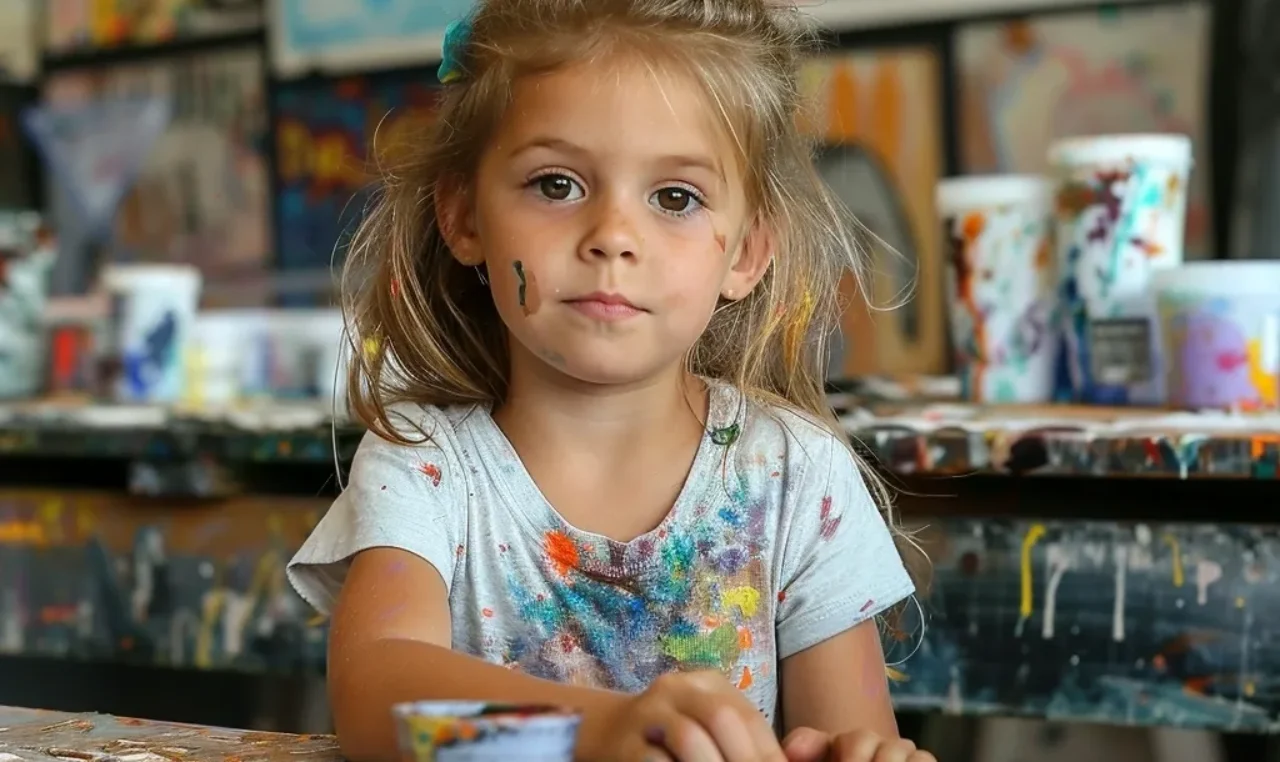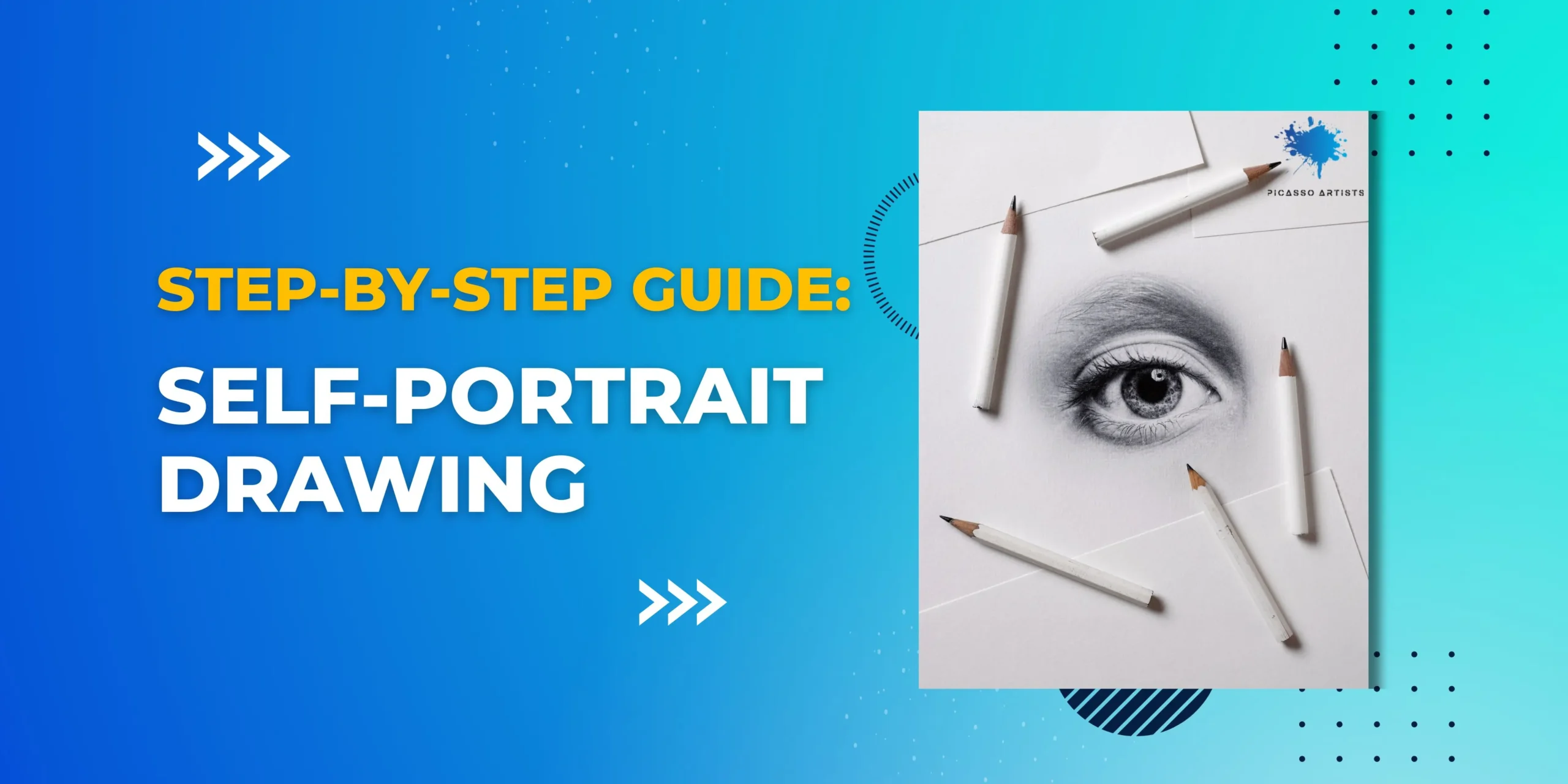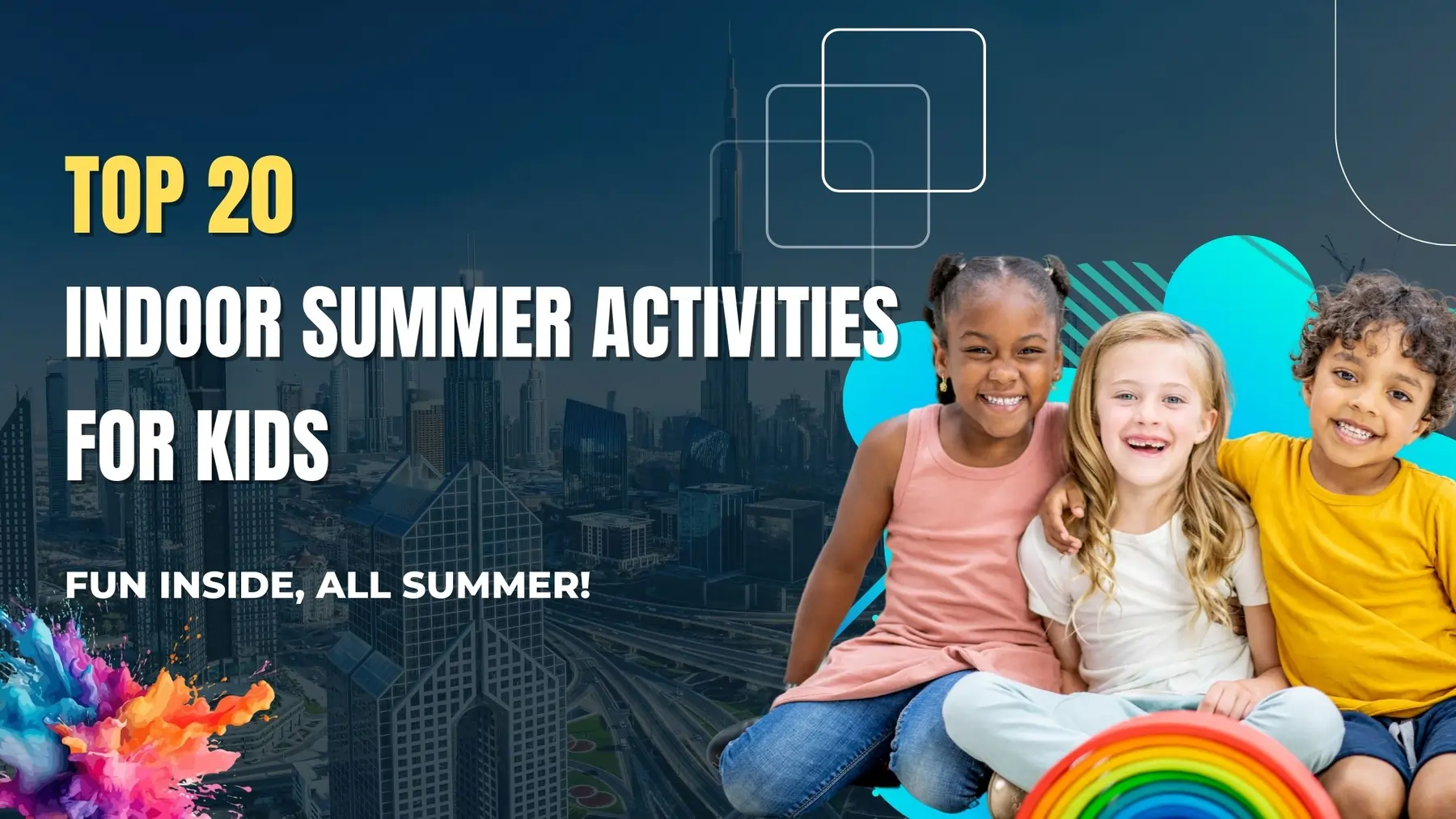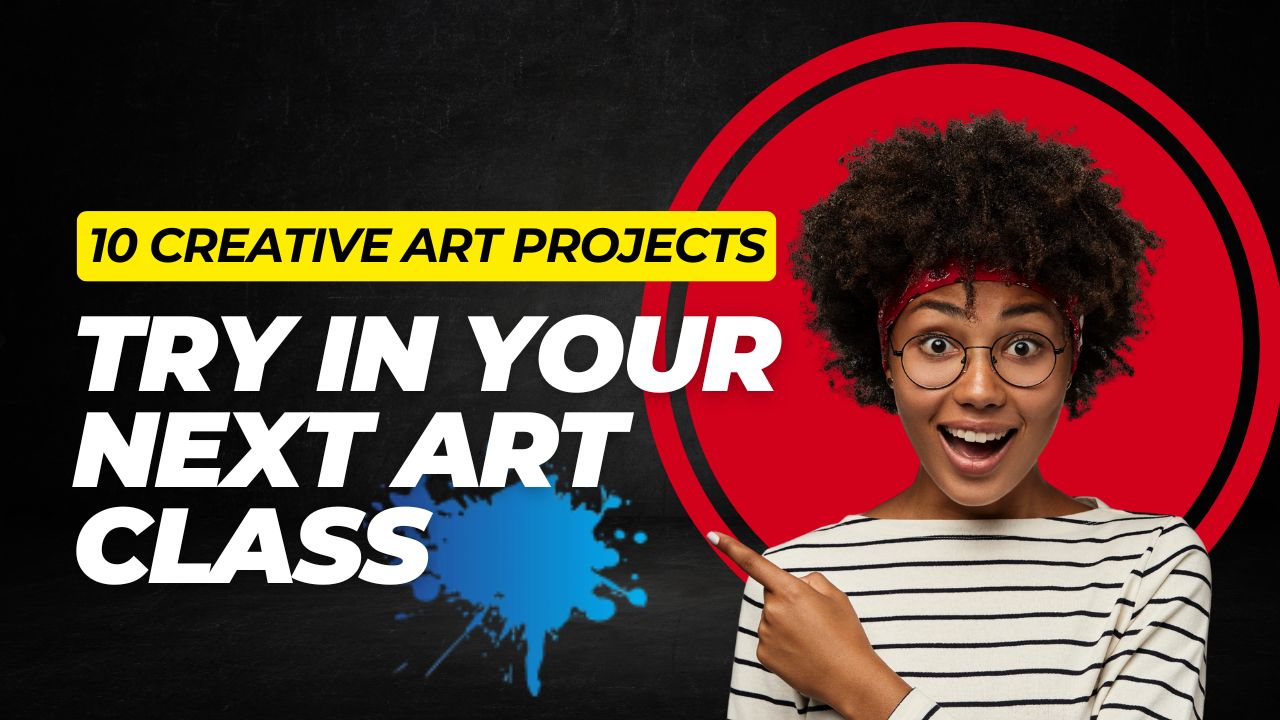Art workshops are a vibrant space for creativity, but sometimes parents might worry about their little Picassos facing challenges. Let’s tackle some common concerns and equip you with tips to navigate the messy (and sometimes shy) world of art workshops:
Shy or Hesitant Hearts:
- Start with Individual Exploration: Offer a variety of materials and let children explore freely at first. This allows them to warm up to the environment without feeling pressured to participate in a group activity.
- Positive Reinforcement: Celebrate small steps and effort, not just the final product. A simple “Wow, I love how you’re mixing those colors!” can boost confidence and encourage further exploration.
- Buddy Up: Pair shy children with more outgoing participants. This can ease their anxiety and provide a friendly face to share the experience with.
The Messy Monster:
- Preparation is Key: Provide aprons, smocks, and designated areas for messy activities. This helps contain the chaos and reduces post-workshop cleanup stress.
- Embrace the Exploration: Let children experiment freely. Part of the fun is getting hands dirty and exploring different textures. Focus on the learning process, not the pristine final product.
- Cleanup Teamwork: Make cleaning up a collaborative activity. Turn it into a fun game or song to encourage participation and instill a sense of responsibility.
Perfectionism Blues:
- Process Over Product: Emphasize the joy of creating and exploring different techniques. Encourage children to experiment and have fun, not strive for a picture-perfect masterpiece.
- Celebrate Uniqueness: Highlight the beauty of individual expression. Every artwork is unique and reflects the child’s personal creativity, not a competition to be the “best.”
- Focus on the Journey: Talk about the steps involved in creating art, from choosing materials to experimenting with techniques. This helps children appreciate the process and celebrate their artistic journey.
Adapting for Special Needs:
- Open Communication: Collaborate with parents or caregivers to understand a child’s specific needs and preferences. This allows you to tailor activities and provide necessary support.
- Sensory Modifications: Offer a variety of materials with different textures and consider noise-cancelling headphones or fidget toys for sensory sensitivities.
- Individualized Instruction: Provide one-on-one support or modify activities to ensure everyone can participate and feel included in the creative process.




